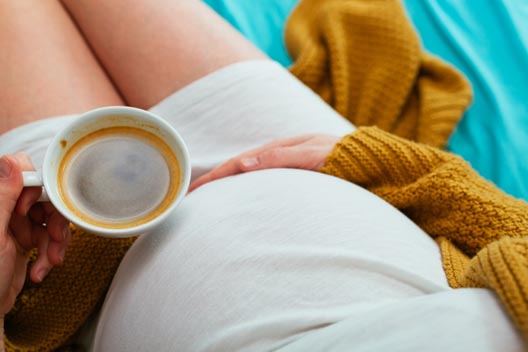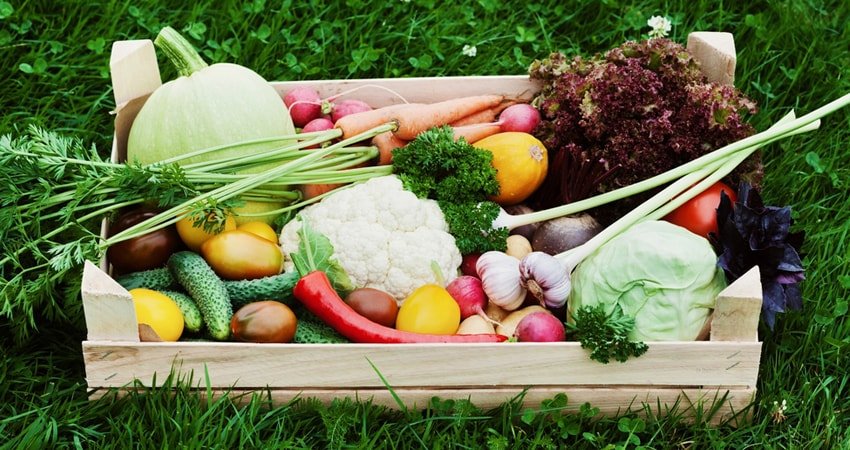
Reports have circulated about alleged evidence that caffeine affects fertility. It is said to reduce the chances of conceiving a child and is also associated with an increase in miscarriages. What is true in this case?
Let’s start by saying that there is research that states that caffeine consumption affects fertility. However, there are also studies that suggest the opposite. It is not easy to come to a definitive conclusion.
In any case, it should be noted that a healthy lifestyle is one of the central pillars of fertility. Therefore, regulating caffeine consumption would be a good idea when a person decides to have a child.
The Initial Study on Caffeine and Fertility
The association between caffeine consumption and fertility began with a study conducted in 1988. It was noted that women who drank one cup of coffee a day reduced their chances of conceiving a child by half. This research has been widely cited, but no other research has shown the same results.
On the other hand, research conducted by Dr. Rosemarie Hakim, from the Hopkins Hospital School of Medicine in Baltimore (USA), indicated that there was a significant association between drinking more than 3 cups of coffee per day and a 26% reduction in fertility.
Another study conducted by the University of Nevada School of Medicine (USA), in 2011, indicated that caffeine consumption reduced muscle activity in the fallopian tubes. This would hinder the transit of eggs.
Other experts point out that caffeine consumption does not seem to have caused an effect in couples trying to conceive through assisted fertility treatments. It did not make these processes more difficult or slow them down.
All of these studies focused on women and coffee, placing the fertility hypothesis solely on the female factor.
Caffeine Consumption and Pregnancy
Excessive caffeine consumption is never good, but it becomes much more negative in conditions such as pregnancy. A survey conducted by Dr. Kirsten Wisborg, director of the Perinatal Epidemiological Research Unit at Aarhus University Hospital, confirms this.
The study indicates that drinking too much coffee during pregnancy increases the risk that the baby will be stillborn or die in the first year of life. Wisborg notes that caffeine could harden the arteries in the uterus. If this happens, the fetus does not get enough oxygen.
Meanwhile, a meta-analysis had found that caffeine consumption increased the risk of stillbirth after 20 weeks and also increased the chances of stillbirth. Similarly, a higher incidence of low birth weight babies was observed.
A similar study had found that a 100 grams per day increase in caffeine consumption increased the risk of miscarriage by 14%. He added that there was a relationship between coffee consumption and decreased fertility.
Findings and Controversies
The available studies on the relationship between caffeine consumption and fertility are not as numerous as one would like. Many experts question these findings because aspects such as the following are overlooked:
- The studies, in many cases, are based on volunteer reports or recollections. This results in data that cannot be fully corroborated.
- It is not certain that coffee and not some other substance is the cause of the reduced fertility or pregnancy problems. There was no way to monitor what the volunteers were consuming.
- Surveys cannot attest to the doses consumed by individual volunteers. A cup of coffee at home may contain more or less caffeine than a cup in a public place.
- Consumption of large amounts of caffeine is common among people who suffer from fatigue. At the same time, fatigue could be a manifestation of an underlying illness, such as endometriosis or depression. These conditions affect fertility.
How Much Coffee Is Enough?
At this time, there is no absolute certainty about the relationship between caffeine consumption and fertility. However, if a woman wants to have children, it is best to consume 100 milligrams or less of coffee per day.
In any case, never more than 300 milligrams per day.
The problem is that data on the amount of caffeine in an 8-ounce cup of coffee, which is the average, is not always readily available. Basic indicators would be as follows:
- 1 cup of ground coffee: between 55 and 150 milligrams of caffeine.
- 1 cup of regular instant coffee: between 27 and 173 milligrams.
- 1 2-ounce cup of espresso: 47 to 75 milligrams.
- 1 cup of decaffeinated coffee: between 1 and 25 milligrams
- 1 cup of decaffeinated instant coffee: 2 to 12 milligrams.
Ideally, you should reduce your coffee consumption if you want to have children or during pregnancy. This is an extra precautionary measure in these contexts.
Men Can Be Impacted Too
Consuming large amounts of caffeine can also affect men. Specifically, it is possible that the number of spermatozoa decreases. However, as in other cases, there is no conclusive data.
It is very important to reduce caffeine consumption during pregnancy. Although the last word has not been said on the matter, the truth is that the risk exists to some extent, so it would be better not to ignore it.
What are your thoughts on this matter? Let us know in the comments below.


